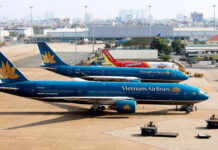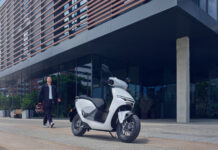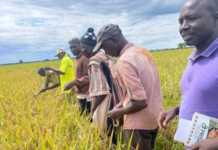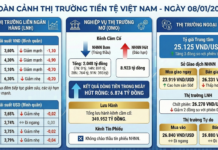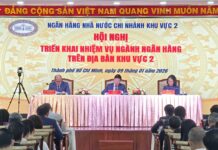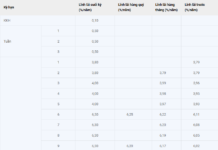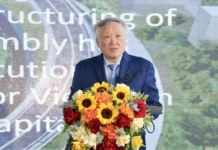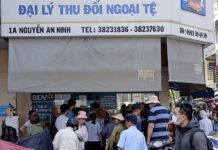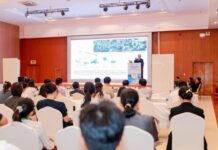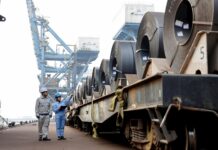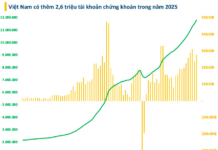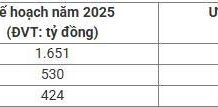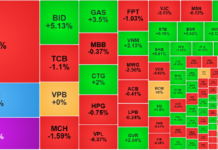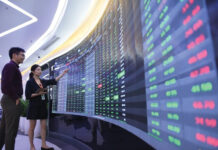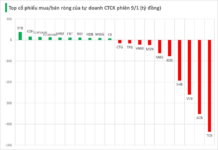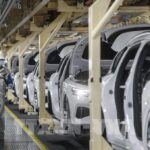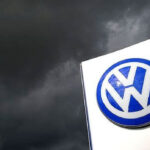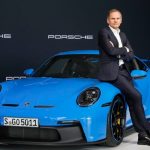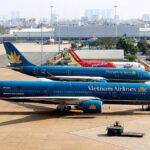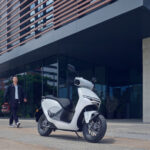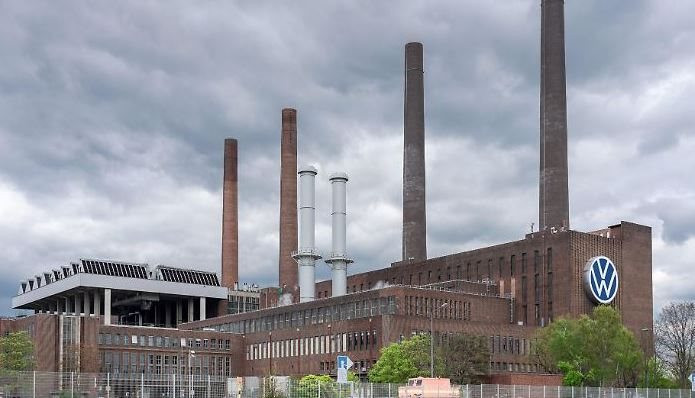
At Altdeutsche Bierstube, Wolfsburg’s oldest bar, a man ponders whether the Volkswagen’s hometown could suffer the same fate as Flint, Michigan—the birthplace of General Motors (GM). In the mid-1980s, GM declared it could no longer competitively produce cars in Flint due to declining sales and the rise of cheap Asian competitors.
It remains to be seen if Wolfsburg, known as Germany’s “Die Autostadt,” will face a similar fate. The answer depends on VW’s next move as it grapples with slowing demand and high costs.
For decades, Wolfsburg and its car factory—the world’s largest—exemplified Germany’s post-war industrial revival. VW’s crisis and plans to close some German plants have caused anxiety among the city’s 120,000 residents, many of whom work directly for the automaker.
“There would be no Wolfsburg without Volkswagen,” said Anke Jentzsch, who joined VW as a trainee over 20 years ago.
Wolfsburg was established a year before World War II to house Volkswagen workers. Since then, over 48 million vehicles have rolled off Wolfsburg’s assembly lines, more than anywhere else in the world.
Today, VW employs 60,000 people in Wolfsburg and as many in Lower Saxony, central Germany, where numerous auto suppliers exist solely because of Europe’s largest automaker. Jentzsch, part of VW’s 12,000-strong technical development group, says the company’s importance to the region extends beyond automobiles to hair salons and corner bakeries.
However, increasing competition from Chinese startups is expected to further erode VW’s market share in the declining European car market.
“We want to engage in negotiations to ensure the long-term competitiveness of Volkswagen,” wrote Gunnar Kilian, VW’s head of human resources, in a note to employees. Any job cuts or plant closures are facing fierce opposition.
“We will vigorously defend ourselves against this historic attack on our livelihood,” said works council chair Daniela Cavallo last week, arguing that job cuts won’t solve the main issues.
The threat of layoffs from Germany’s largest private company has prompted Finance Minister Olaf Scholz and former EU industry commissioner Thierry Breton to voice concerns about the future of Europe’s largest industry.
“This is VW’s biggest crisis since the early 1990s,” said Helena Wisbert, a business administration professor at Ostfalia University in Wolfsburg and a former VW employee.
At the VW-sponsored auto theme park, Die Autostadt, a somber mood prevails. Beate Altenhoff-Urbaniak provides guided tours to hundreds of visitors daily, especially those taking delivery of their new Volkswagen, Seat, or Cupra vehicles. Earlier, she had guided a couple from Lübeck through the process of receiving their T-Roc SUV.
“For the lady,” Altenhoff-Urbaniak said.
However, demand for the T-Roc, VW’s best-selling SUV in Europe last year, hasn’t been enough to offset the current situation. This month, CFO Arno Antlitz warned that the brand has been spending more money than it earns for quite some time.
VW has already lost market share in China, as domestic consumers increasingly favor brands like BYD. Porsche’s sales in China dropped by 30% in the first half of 2024.
Suppliers like Bosch, Continental, and ZF Friedrichshafen feel the impact first when customers like VW start producing fewer cars. Tens of thousands of job cuts have been announced in the past year.
At VW, some workers face pay cuts as the company reduces night shifts. Typically, most workers rotate through morning, afternoon, and night shifts, with the night shift earning the highest pay, so losing it significantly reduces their income.
“Many of my colleagues are starting to have problems with their mortgages,” said a worker named Littau. “It’s physically demanding work. We have to work hard for our money.”
Wolfsburg’s mayor, Dennis Weilmann, told the Financial Times that he senses the growing frustration of the city’s residents. “Of course, there is increasing concern about jobs,” he said, adding that the troubles surrounding VW raise even more far-reaching issues. “My father and both my grandfathers worked for Volkswagen. Volkswagen is a part of Germany’s identity.”
Wolfsburg is a unique town. Every year, it takes a three-week “summer break.” Local businesses also only open for two hours a day to serve regulars because this is when the Volkswagen factory undergoes maintenance.
A brass band with trumpets, trombones, and drums is set up at Gate 17 to play music on the last Friday before the summer break. On the way home, many workers pick up a package of Volkswagen’s signature curry—prepared right there in the factory.
Of course, the city doesn’t turn into a ghost town because employees at the headquarters don’t break at the same time as factory workers. During this time, Wolfsburg schedules art exhibitions and concerts to welcome visitors and shopping enthusiasts.
According to Financial Times

